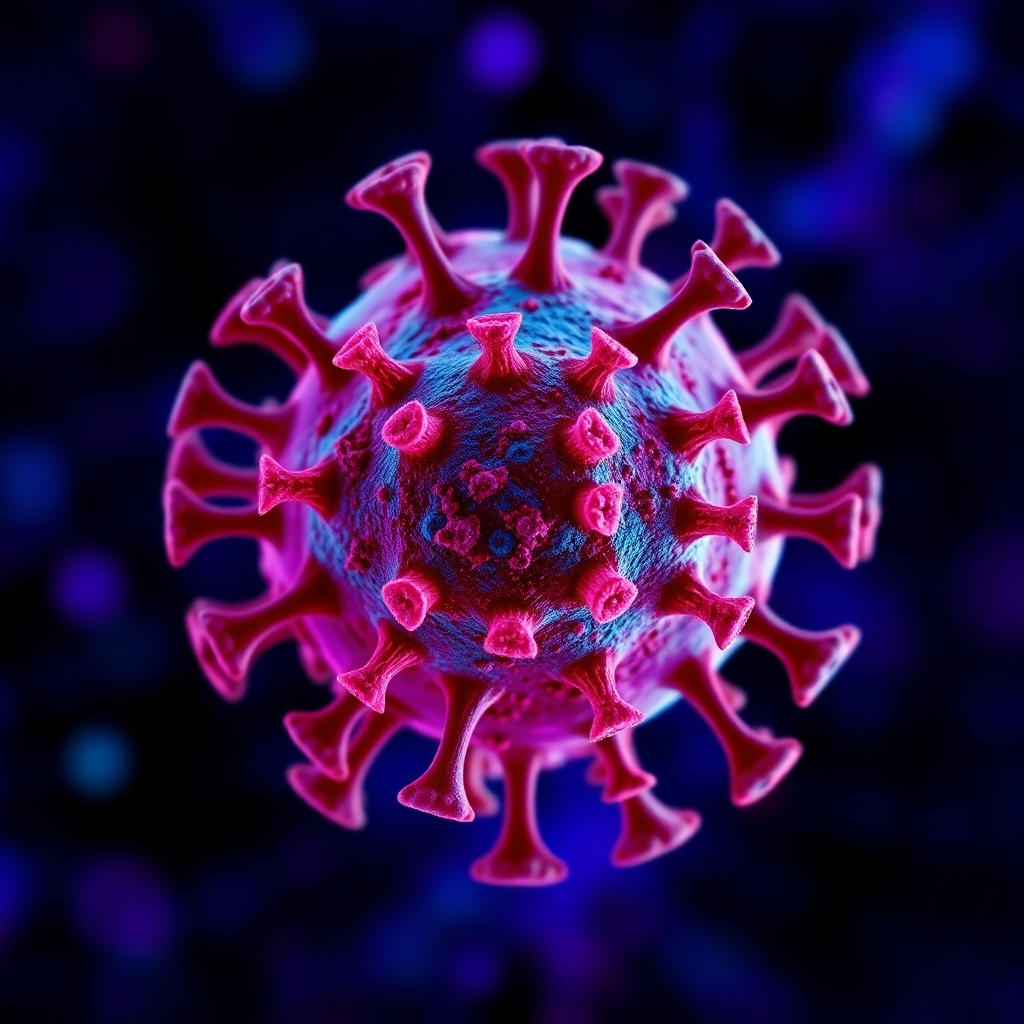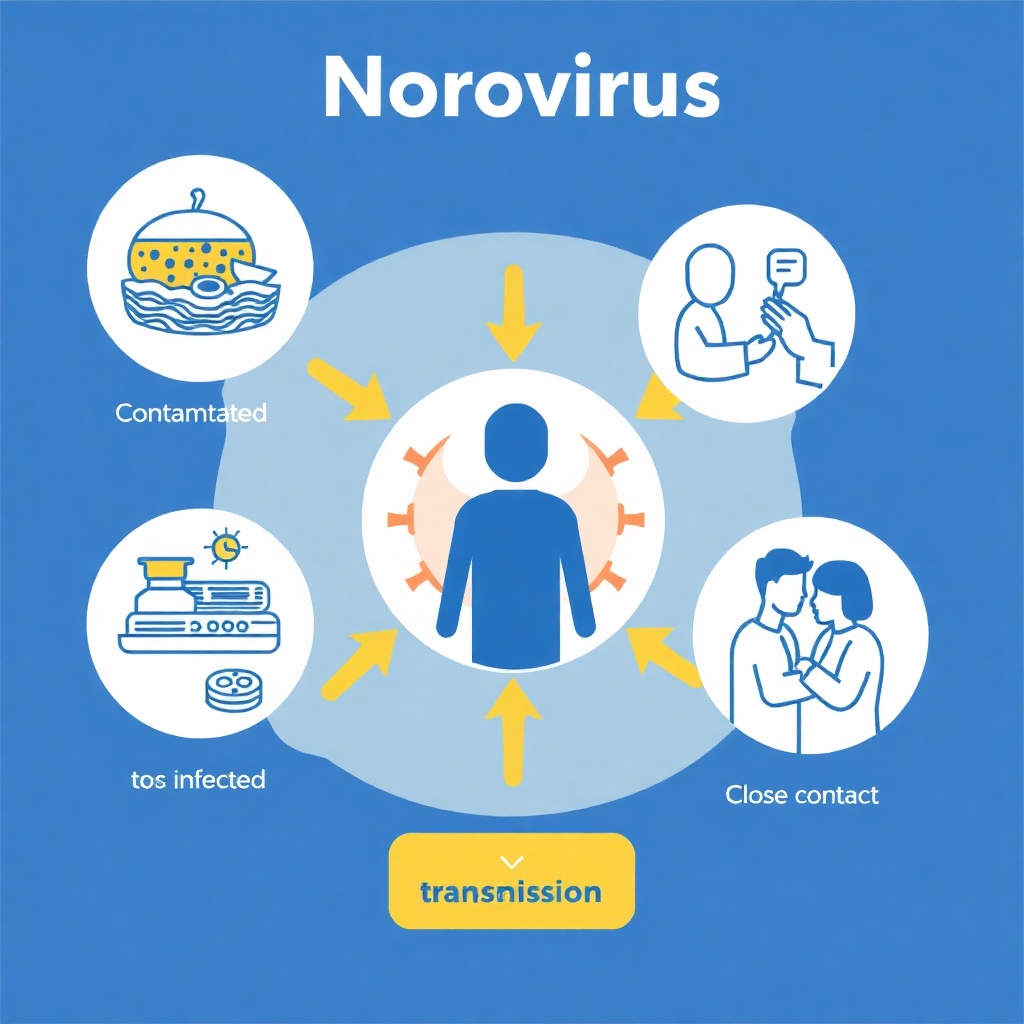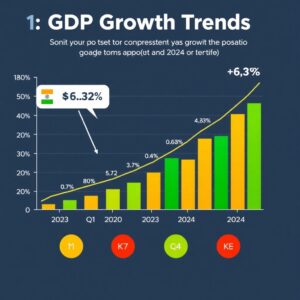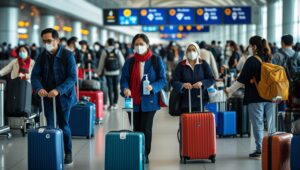1st HMPV case in elderly reported in India amid China’s recent surge
India Reports First Human Metapneumovirus (HMPV) Case in Elderly Amidst China’s Surge
A new health concern is rising in India; Human Metapneumovirus (HMPV) has made its way to the country. The first case reported in an elderly individual highlights the need for vigilance. With reported surges in HMPV cases in China, the spotlight is on how this virus could impact India, especially among its vulnerable elderly population.
Understanding Human Metapneumovirus (HMPV)

What is HMPV and How Does it Spread?
Human Metapneumovirus is a virus that primarily infects the respiratory system. It can spread easily from person to person through respiratory droplets, similar to how influenza and COVID-19 spread. This virus can infect anyone, but the risk is significantly higher among the elderly and those with weakened immune systems.
HMPV Symptoms and Severity: Risk Factors in the Elderly
The symptoms of HMPV can range from mild to severe, including:
- Cough
- Fever
- Nasal congestion
- Shortness of breath
Elderly individuals are particularly at risk for more severe symptoms, which can lead to pneumonia or other respiratory complications. Their weakened immune systems make them less capable of fighting off infections, increasing the urgency for protective measures.
Diagnosing and Treating HMPV Infections
Diagnosing HMPV usually involves testing respiratory samples. There is no specific antiviral treatment for HMPV. Doctors often recommend supportive care to relieve symptoms, such as hydration and rest. For severe cases, hospitalization might be necessary.
The Link Between China’s Surge and India’s Case
Examining the Transmission Dynamics of HMPV

China has reported a significant rise in HMPV cases, prompting experts to analyze the potential implications for neighboring countries like India. The close proximity and increased travel could create a pathway for the virus to spread.
The Role of International Travel and Trade
International travel and trade can contribute to the quick spread of HMPV. As people travel from regions experiencing outbreaks, they may unknowingly carry the virus. Monitoring travelers and implementing health checks can help reduce the risk of transmission.
Lessons Learned from China’s Experience
China’s recent spike in cases serves as a warning. It emphasizes the need for prompt response and effective public health strategies. Learning from these experiences can help India prepare and possibly prevent a larger outbreak.
India’s Preparedness and Response
Current Healthcare Infrastructure and Capacity
India’s healthcare system faces challenges, particularly concerning capacity and resources. Adequate testing, treatment facilities, and healthcare staff are vital in managing any rise in HMPV cases. Improving these areas is crucial for a robust response.
Public Health Measures Implemented to Prevent Spread
To combat the spread of HMPV, India has begun implementing preventive measures, including:
- Increasing awareness about the virus.
- Encouraging hand hygiene and respiratory etiquette.
- Monitoring and testing in high-risk areas.
Governmental Response and Future Strategies
The government is focusing on enhancing healthcare facilities and creating awareness programs. Future strategies will also include contingency plans to respond to potential outbreaks swiftly.
Protecting Vulnerable Elderly Populations
Vaccination Strategies and Their Effectiveness
Currently, there is no specific vaccine for HMPV. However, flu and COVID-19 vaccinations are essential, as they can help reduce the overall burden of respiratory illnesses in the elderly.
Importance of Hygiene Practices and Social Distancing
Elderly individuals should follow strict hygiene practices, including:
- Regular hand washing
- Wearing masks in crowded places
- Maintaining physical distance from others
Early Detection and Prompt Medical Intervention
Recognizing symptoms early is critical. Family members and caregivers should monitor the elderly closely for any respiratory distress and seek medical attention promptly if symptoms arise.
Conclusion: Staying Vigilant Against HMPV
Key Takeaways and Recommendations for Individuals
The emergence of HMPV in India, particularly among the elderly, requires a proactive approach. Individuals should stay informed and practice preventive measures to protect themselves and their loved ones.
The Need for Continued Monitoring and Research
Ongoing monitoring and research are essential for understanding HMPV better. This includes studying its spread, effects, and ways to manage outbreaks effectively.
Collaboration and International Cooperation for Pandemic Preparedness
Global cooperation plays a vital role in pandemic preparedness. By sharing data and strategies, countries can better manage and mitigate the risks associated with emerging viruses like HMPV.
















Post Comment